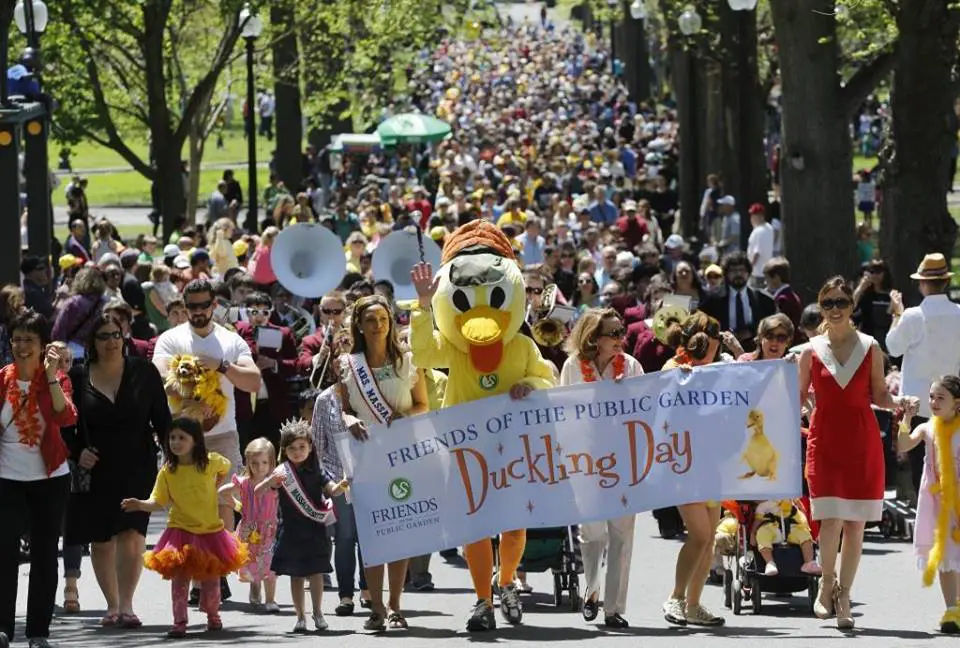 How many diets have you started? How many times have you looked in the mirror and felt like crap? How many times have you seen images in the media and compared yourself to them? My answer to each of these questions? One million.
How many diets have you started? How many times have you looked in the mirror and felt like crap? How many times have you seen images in the media and compared yourself to them? My answer to each of these questions? One million.
As we head into the new year — the period of resolutions, people “starting again,” people complaining about gyms being too packed — let me tell my journey to body neutrality, food freedom, and rejecting diet culture. Maybe you can relate.
It starts so young. I recall a time at my pediatrician’s office where the doctor asked my mom if I snacked a lot. I was, arguably, a small child until I reached puberty, which was my freshman year of high school — on the later side, for most. I danced six days a week and was on the gymnastics and softball teams. I also had a larger-than-average appetite. It was cute when I was a tiny child and could put down several hot dogs with no issue. But once I was 14 and had the body of a teenage woman, despite being (all things considered) “average-sized,” I became very self-conscious of my developing body and my appetite.
I went on my first official diet in college. I took my mom’s ’90s Weight Watchers books to campus. I sustained myself on a diet of fat-free cheese on fat-free bread on the George Foreman grill, with baked cheetos and egg whites. I would work out for two hours or more to “earn” extra points. I would starve myself in advance of the weekend to save room for vodka with Crystal Light (#classy). I did WW again in graduate school, and again during my first job. I would sometimes use laxatives in advance of my weigh-ins to make sure I had a loss recorded. And I got TONS of compliments about how great I looked.
In my 20s and 30s I did Whole 30, paleo, MyFitnessPal, macro counting, personal trainers, WW (again), and many Beachbody programs. I did all these things not for health or strength, but specifically to shrink my body. And when I did shrink, the compliments came flooding in, reinforcing my need to stay small to earn approval.
I’ve ranged from a size 4 to 14 and everywhere in between. I felt a sense of responsibility to stay small, partially because I felt pressure to avoid getting some perceived weight-related diseases that family members had, partially because I felt like being in a small body made me more worthy, and partially because I was a perfectionist — and gaining weight felt like a failure.
But what I didn’t realize was that I didn’t fail — diet culture failed me.
The Council for Size and Weight discrimination says that 95% of dieters gain any lost weight back after five years. Diet culture taught me that only one kind of body was acceptable. That being small equated to being healthy. That the smaller I was, the more beautiful and lovable I would become. Diet culture assigned good and bad, safe and dangerous foods; it damaged my ability to listen to my own body. It also likely increased my set point weight because I starved it so often it held onto more weight to protect itself. I absorbed a lot of the internal body hatred that was around me; even if people weren’t talking about ME, I internalized that as “I better not get bigger, because then they will hate me as well.”
If diets actually “worked” in the long term, the companies that promote them would all be out of business. They rely on us doubting our worthiness, on us lacking self-trust, and on us spending our precious time and energy tracking calories and points and macros so we don’t dedicate as much time to using our phenomenal brains to change the world.
It wasn’t until I discovered an intuitive eating nutritionist on Instagram that I realized there was any other way to live. That I could actually listen to my hunger and fullness cues, that I could exercise for pleasure and not to earn some kind of “indulgence,” that body diversity exists, and that weight does not equal health.
Exhibit A: For my entire adulthood, I have had borderline high cholesterol. The numbers didn’t change much, but only in a larger body did my doctors tell me to lose weight to control it. When I was smaller they told me it must be genetic. Even when at my smallest, I was eating almost entirely animal products, and now I eat a more balanced diet.
More recently, I have consistently engaged in health-promoting behaviors, including sleep, eating a varied diet that I enjoy, meditation, movement that brings joy, and therapy. I have realized that these, for me, are way healthier at a larger size than what I ever engaged in when following a restrictive diet.
The conclusion: Diet culture is trash. BMI was never intended to determine individual health risks (look it up, it will blow your mind). Don’t beat yourself up if you have ever been, or are currently, on a specified diet for weight loss.
Read “Intuitive Eating“ by Evelyn Tribole and Elyse Resch. Find yourself an intuitive eating or Health at Every Size nutritionist or other health provider. Listen to the Maintenance Phase podcast. Decline having your weight taken at annual health exams (did you know you could do that?!).
Trust yourself. Be free.













